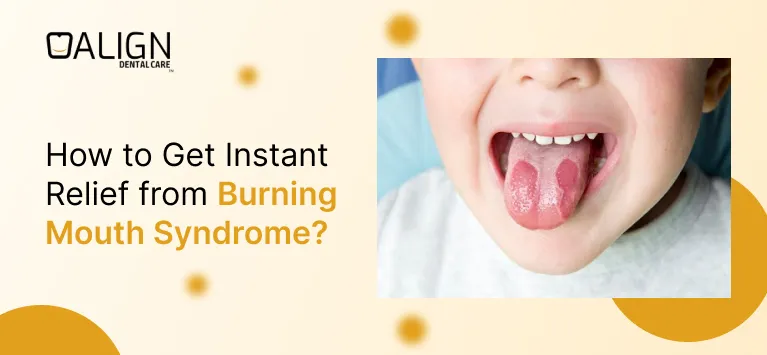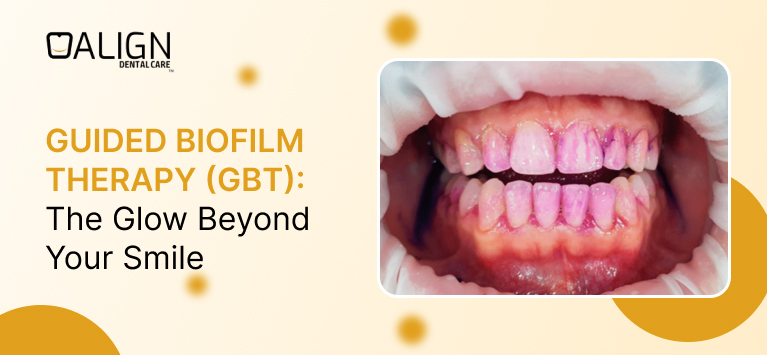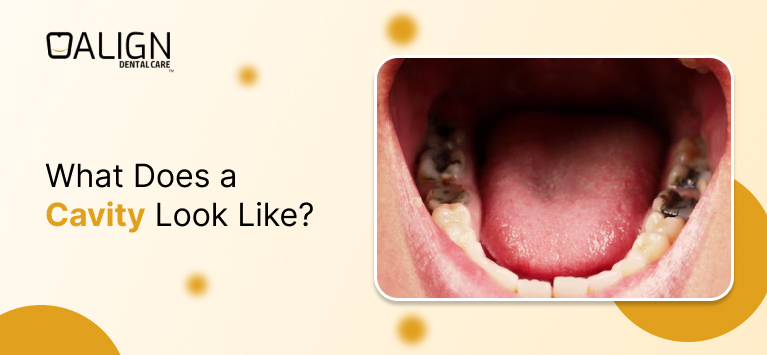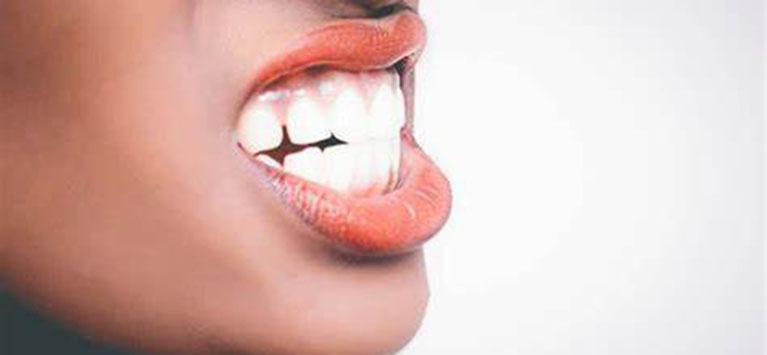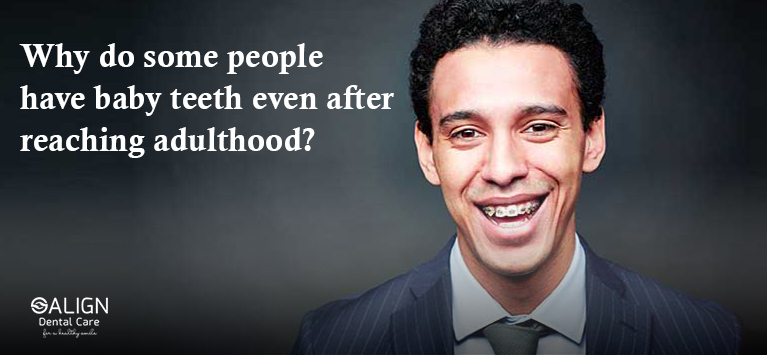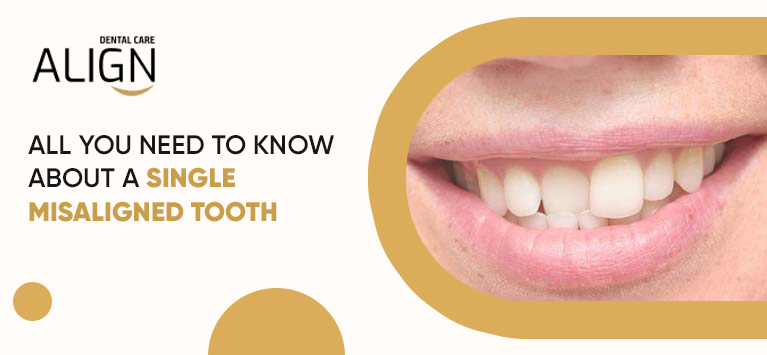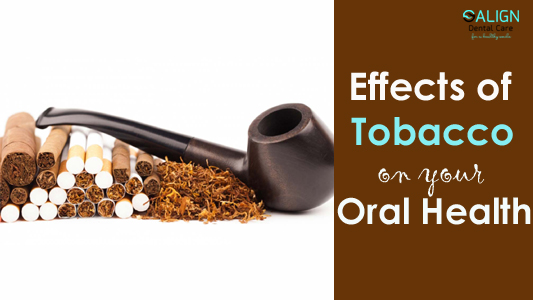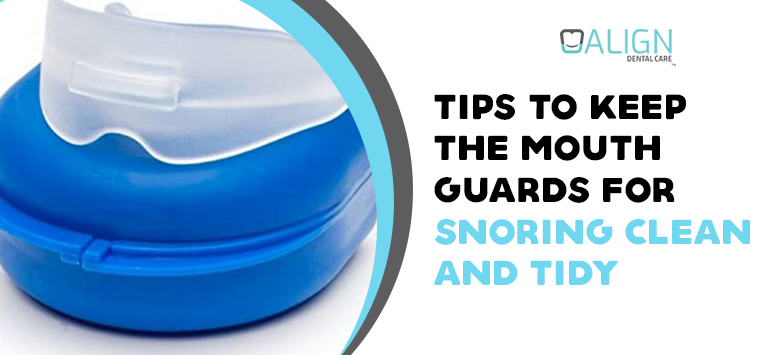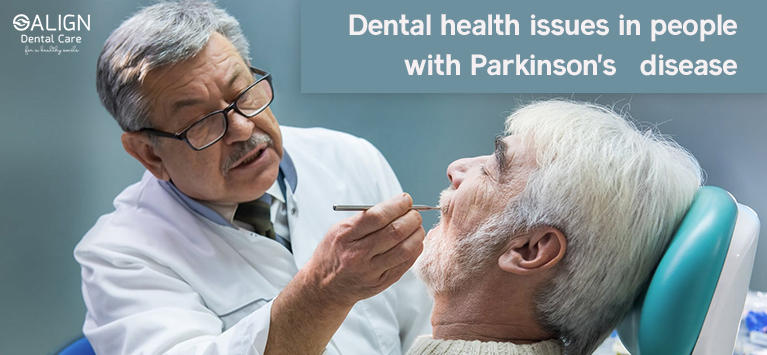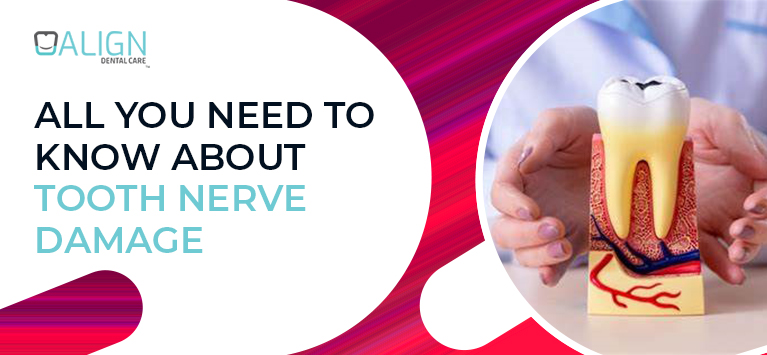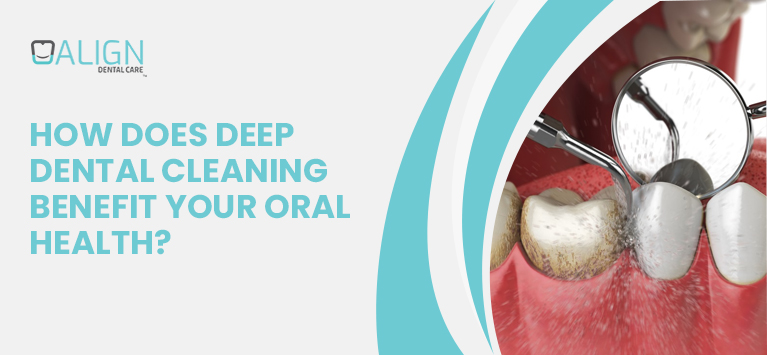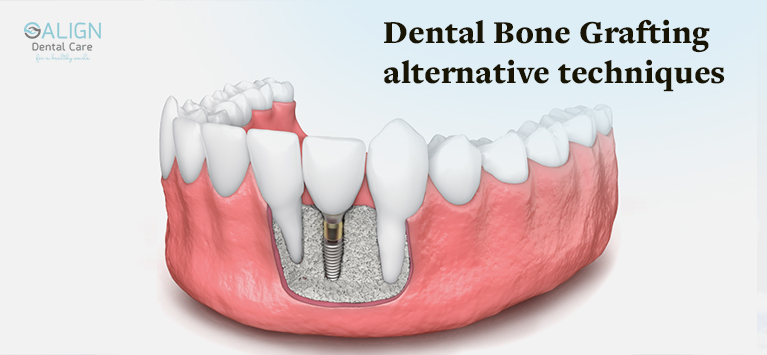
Why do you feel sharp pain while swallowing?
Painful swallowing happens due to various reasons. The main culprit to mention is, our fast-paced lifestyle. As we eat too much food at once so that we do not chew foods properly. Despite it looks common and harmless, it engenders difficulties in swallowing over time. Clinicians refer such pain and other difficulties in swallowing as “Dysphagia”.
The ingested food particles move into a part of the throat called the pharynx. Then the chewed foods pass to the stomach and other parts of the digestive tract through the esophagus. If there is any glitch in this path, you will have swallowing difficulties.
Besides gulping, aging is the main thing that triggers dysphagia. On the other hand, various health conditions lead to this problem.
Table of Contents
How is dysphagia categorized?
Before seeing the painful swallowing instigating factors, you should know about dysphagia classifications. It is because the dysphagia is classified on how it is occurring so that the initiators also fall into one of those categories. This condition is primarily classified into 2 types:
- Oropharyngeal Dysphagia – It causes difficulty swallowing due to the problems in mouth or throat. Mostly, it occurs with throat muscle weakening thereby the foods cannot move into the throat and digestive tract.
- Esophageal Dysphagia – When a muscle in the body of the esophagus does not work properly, it also stimulates difficulty swallowing and is termed “Esophageal Dysphagia”.
Each type shows various signs and they vary for every individual. For instance, some people sense pain while swallowing solid foods but fluids do not cause any pain. In contrast, few persons encounter pain while drinking but have no trouble with solid foods.
What are the additional symptoms of dysphagia?
Apart from triggering pain when swallowing, you may have various difficulties as follows:
- Sense of something stuck in the breast bone
- Chronic heartburn
- Coughing while swallowing
- Food coming back up into the throat
- Sore throat
- Hoarsing
- Choking
What causes difficulty swallowing?
There are many reasons why you feel pain when swallowing. It occurs frequently or occasionally. The frequency depends on the severity of the underlying cause. Here are the primary factors you should know.
Oropharyngeal Dysphagia
As we have seen earlier, this kind of dysphagia happens with the weakening of throat muscles. Mostly, virus or bacteria infections, certain illnesses are responsible for this problem as listed below:
- Neurological damage – The structural or biochemical deviations in the central nervous system (nerves in the brain & spinal cord) are also a factor associated with dysphagia.
- Neurological disorders – People who are suffering from diseases caused by flawed neurological conditions such as Parkinson’s disease, Muscular dystrophy have difficulties in swallowing.
- Hypothyroidism – Swelling in the underactive thyroid gland due to which extra pressure is applied on the esophagus. It triggers pain and a feel like something is stuck in the throat.
- Zenker’s Diverticulum – It is a disastrous condition that causes a pouch of tissues in the throat. This makes the food particles stuck in the throat and is followed by causing infection, swelling, bad breath along painful swallowing.
Esophageal Dysphagia
The infection or damage in the esophagus hurts your swallowing by causing Esophageal Dysphagia. Here are some common and atypical things responsible for this condition:
- Acid reflux diseases – Chronic reflux of stomach acids would irritate your throat, cause scar tissue in the esophagus and even narrow down this muscular tube. Such esophageal damages can be identified with various abnormalities like painful swallowing.
- Esophageal tumors – The abnormal narrowing of the esophagus causes tumors in the food pipe and causes various difficulties. Difficulty swallowing is one of its impacts.
- Achalasia – Achalasia is a disorder that makes foods or liquids difficult to pass through the esophagus. The walls of esophagus for achalasia sufferers are weak thereby the foods and drinks they take come up back to the mouth.
- Foreign bodies – Foods and certain non-edibles can lodge in the throat and block it partially. In such cases, swallowing is difficult so that you may get an aching sensation. Denture wearers and people who have chewing difficulties are highly susceptible to this.
- Diffuse Spam – This is a problematic condition that affects involuntary muscles in the walls of our esophagus. It causes poorly coordinated contractions of the esophagus so that the sufferers develop intense pain while swallowing.
- Radiation therapy – Some people get affected by this condition due to the growth of cancer tumor cells and radiation treatments to rectify it.
- Scleroderma – It is a chronic but rare autoimmune disease that causes a ring-like structure to harden the tissues. It has a direct impact on the muscles in the lower esophagus and is followed by a sharp pain in the throat while swallowing.
Bottom line
Difficulty swallowing (or) Dysphagia is a common condition that can happen for people of all age groups whilst older adults are highly prone to this condition. Whatever your age is, if painful swallowing happens frequently and shows various abnormalities, consult your doctor or dentist immediately.
Based on the type of dysphagia you are suffering from, a clinician would prescribe you the right solution such as swallow strengthening exercises, medication, surgery, and others.





